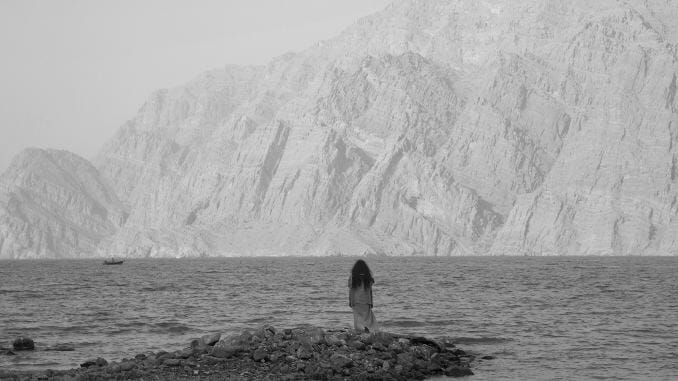Shahad Ameen’s Beautiful, Fantastical Scales Picks Away at the Patriarchy

“You must have a man’s courage,” Amer (Ashraf Barhom) tells young Hayat (Basima Hajjar), instructing her in the mechanical as well as emotional operation of a harpoon gun. Hayat, inexperienced in the hunter’s ways, hesitated on her shot nights prior while staring a man-eating mermaid right in the eye, and Amer had to make the kill for her. In a quiet moment, he takes her under his tutelage despite her status as pariah. But Amer’s advice isn’t advice at all: It’s an invitation to the vicious, violent cycle that has kept him, Hayat and their people trapped in a constant state of sacrifice and bloodletting for who knows how long. A man’s courage is a foolish, dangerous thing.
-

-

-

-

-

-

-

-

-

-

-

-

-

-

-

-

-

-

-

-

-

-

-

-

-

-

-

-

-

-

-

-

-

-

-

-

-

-

-

-








































